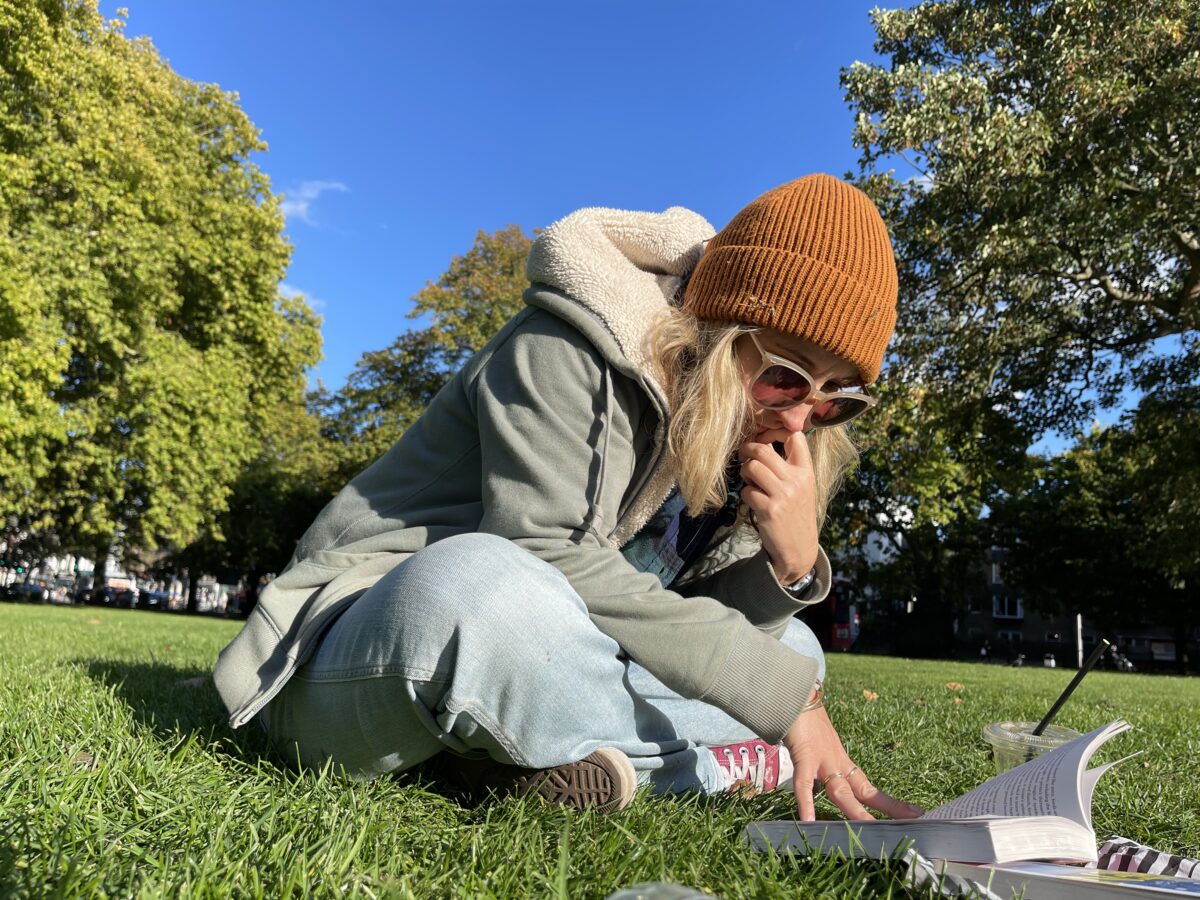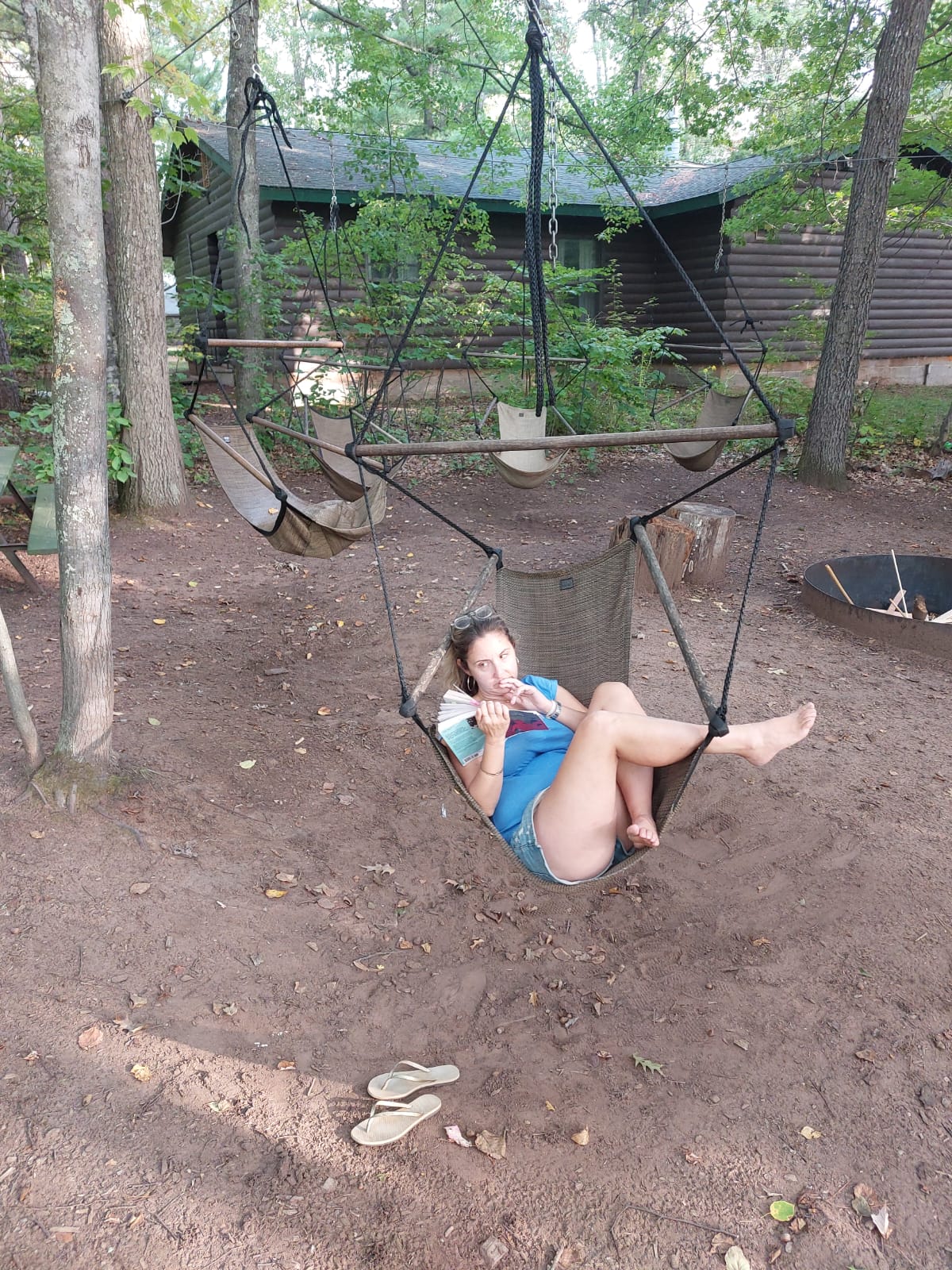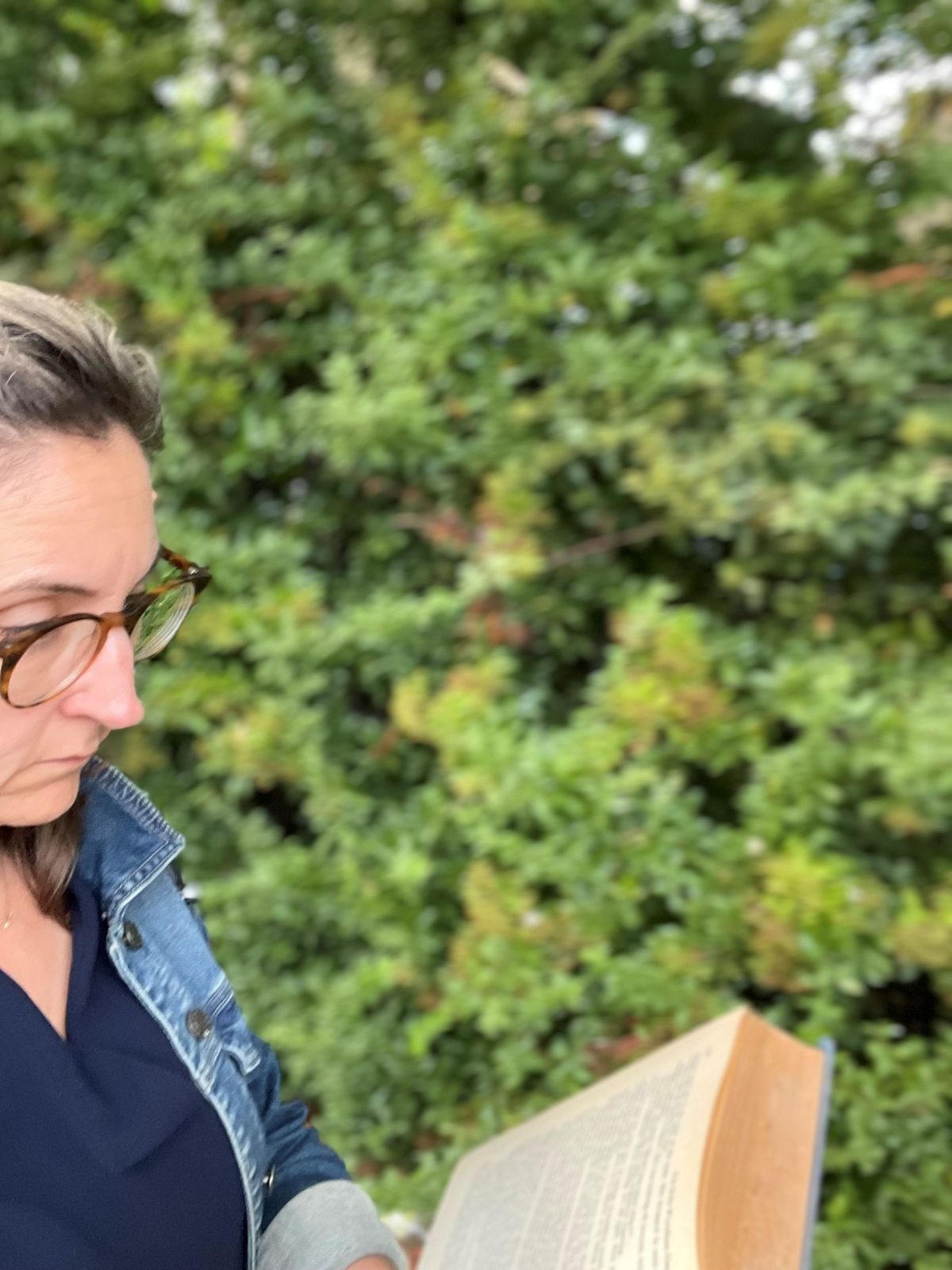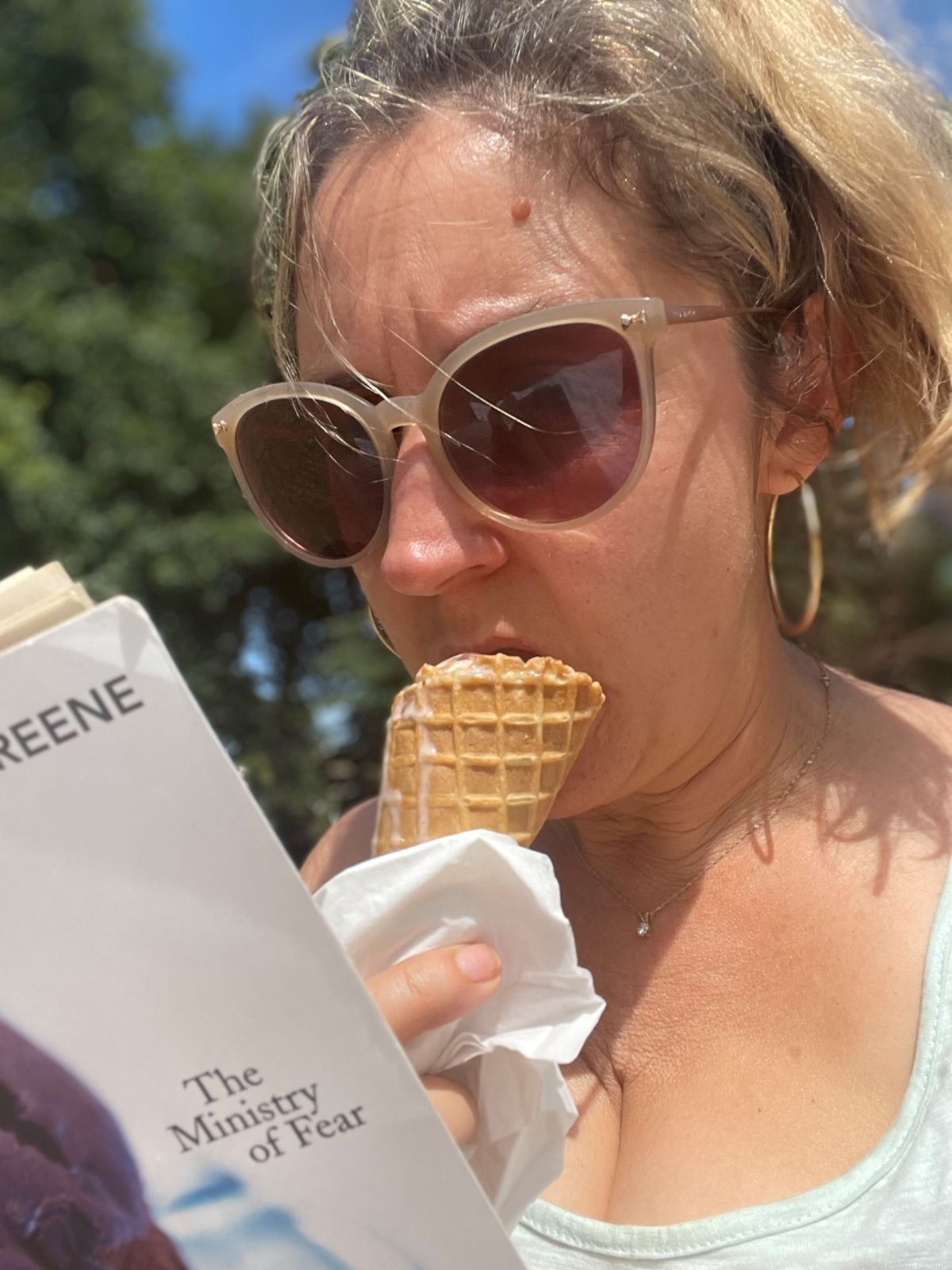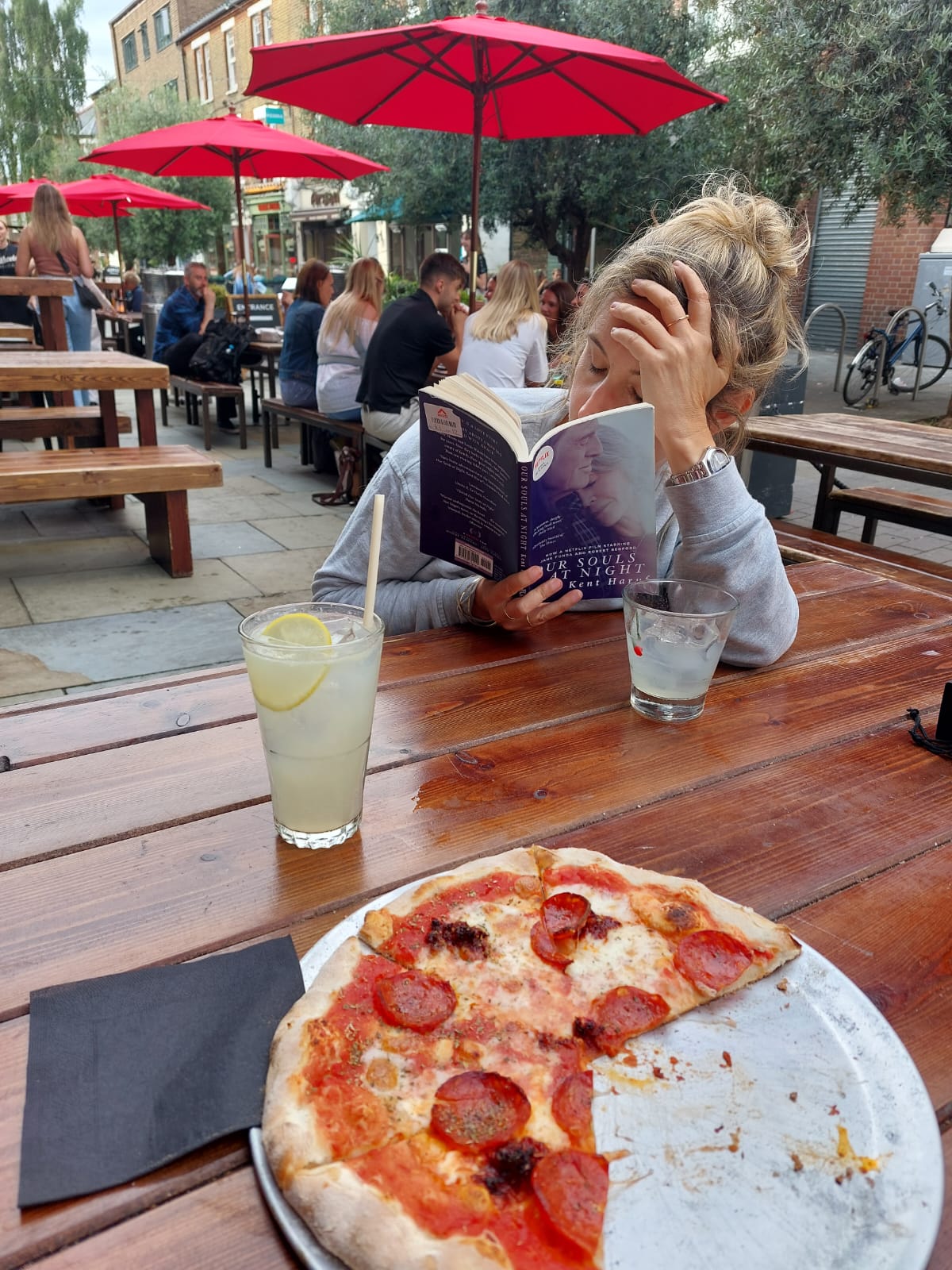This is a fantastically interesting recreation of a single witch trial in 1651. I am amazed the kind of records exist that enable this level of detailed understanding of individuals so long ago. The trial was of a married couple. The husband had a temper, and was always telling people how he would ‘get even’ with them. This was not smart in a time when people were living in tiny villages, barely scraping a living, and absolutely buck-wild about religion. Meanwhile his wife was exhausted with having babies, resentful of being asked to bring in the maize while also looking after the kids, and seems to have had some kind of breakdown. It all gets out of control from there. Horses buck, ghostly children walk, imaginary dogs appear, and a meat pudding splits in two (a clear sign, apparently).
What I got from this book is that you should 100% not worry at all about anything that you cannot see and touch. It is sobering to see how recognizable these people are, with their problems (e.g., I am sick of these kids), and how very sincerely they really did all believe in imaginary dogs. It makes me wonder what imaginary dogs I am worrying about.
Side bar: I also learnt how incredibly ballsy these early migrants were. The main woman got abandoned by her husband and walked twenty miles with no money to Bristol to get herself on a ship to the ‘new world.’ Can you imagine the courage.

